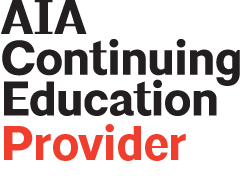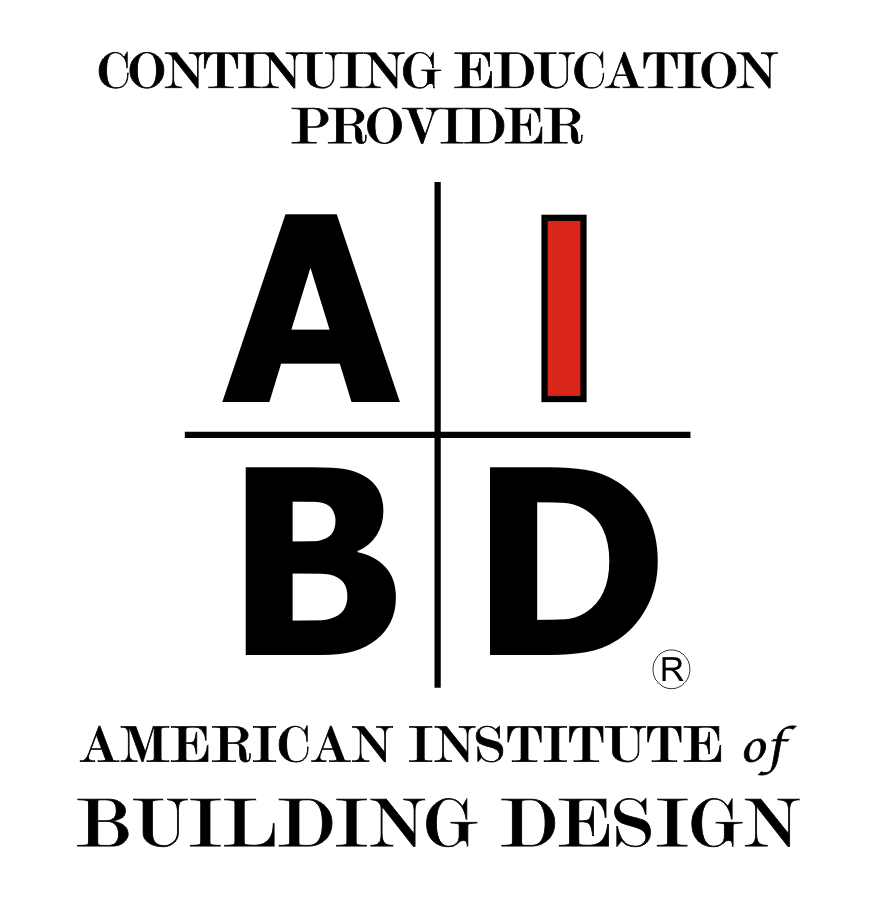
Jack Becker and Andrew Linn - BLDUS
Material Honesty and Design Integrity in Contemporary Practice
Sponsored by Architectural Record | Presented by Jack Becker and Andrew Linn
in this conversation with DESIGN:ED, architects Jack Becker and Andrew Linn of BLDUS discuss their material-driven design philosophy, emphasizing the use of natural, locally sourced materials that weather gracefully over time. They explore the importance of craftsmanship, adaptability in construction, and the influence of historic buildings on their work. The conversation also touches on the challenges young architects face balancing creativity and financial realities, the need for material sensitivity in contemporary architecture, and their ongoing academic contributions through Virginia Tech, where they engage students in reimagining civic-scale projects in Washington, D.C. They conclude by reflecting on future opportunities, including expanding their material palette with brick in upcoming projects.
 Image courtesy of BLDUS
Image courtesy of BLDUS
 |
Aaron Prinz is the host of the Design:ED Podcast and holds a Masters of Architecture degree from the University of Texas at Austin. He was born and raised in the rural Northern California town of Red Bluff, just two hours south of the Oregon border. After one year of college, Prinz relocated to San Francisco to pursue a career in stand-up comedy. At age 26, he began studying architecture at Portland State University while interning at Studio Petretti Architecture led by Amanda Petretti. His professional contributions while at Studio Petretti were focused on a portion of the new Multnomah County Courthouse which is a prominent addition to the Portland skyline. He currently resides in Austin, Texas with his wife Roxanne where he continues to work as a designer. |
LEARNING OBJECTIVES
- Understand the role of material selection, climate responsiveness, and craftsmanship in creating enduring architectural designs.
- Analyze how direct involvement in construction and development processes can enhance architectural practice and project outcomes.
- Explore strategies for bridging academic research, civic engagement, and real-world architectural practice to drive meaningful design solutions.
- Evaluate the evolving role of natural materials, formal restraint, and sustainability in shaping the future of contemporary architecture.











